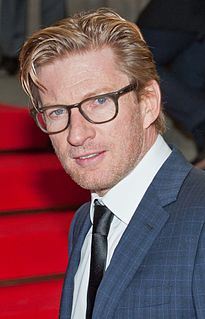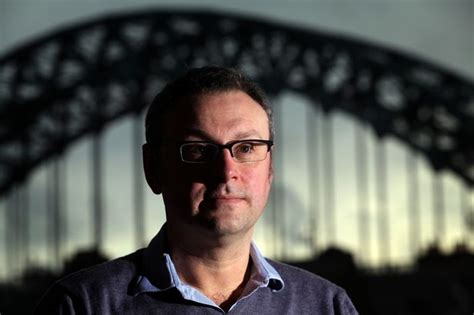A Quote by Wole Soyinka
With theatre, you can interpret the most complex play on stage for it have meaning to an audience because you're dealing in images, you're dealing in action, you can use different idioms to interpret and clarify something which is obscured in the reading and of course there are different kinds of play, there are mythological plays, there are what I call the dramatic sketches, direct political theatre which is virtually everybody, but I find that you can use the stage as a social vehicle, you know, which any kind of audience.
Related Quotes
An actor and a [theatre] director are both what I would call interpreters of work. We interpret a work, just as a musician will interpret a composer's work, we interpret the work of a playwright. We are servants of the theatre and I've always believed that. We must serve what has been written, that's what we're there for.
There has been in our time a lack of reliance on language and a lack of experimentation which are frightening to anyone who sees them as symptoms. We know the phenomenon of stage-fright: it holds the player shivering, incapable of speech or action. Perhaps there is an audience-fright which the play can feel, which leaves him with these incapacities.
Whether you are a writer, or an actor, or a stage manager, you are trying to express the complications of life through a shared enterprise. That's what theatre was, always. And live performance shares that with an audience in a specific compact: the play is unfinished unless it has an audience, and they are as important as everyone else.
Whether you are a writer or an actor or a stage manager, you are trying to express the complications of life through a shared enterprise. That's what theatre was, always. And live performance shares that with an audience in a specific compact: the play is unfinished unless it has an audience, and they are as important as everyone else.
Plays are literature: the word, the idea. Film is much more like the form in which we dream - in action and images (Television is furniture). I think a great play can only be a play. It fits the stage better than it fits the screen. Some stories insist on being film, can't be contained on stage. In the end, all writing serves to answer the same question: Why are we alive? And the form the question takes - play, film, novel - is dictated, I suppose, by whether its story is driven by character or place.
You see, what is my purpose of performance artist is to stage certain difficulties and stage the fear the primordial fear of pain, of dying, all of which we have in our lives, and then stage them in front of audience and go through them and tell the audience, 'I'm your mirror; if I can do this in my life, you can do it in yours.'
You see, what is my purpose of performance artist is to stage certain difficulties and stage the fear the primordial fear of pain, of dying, all of which we have in our lives, and then stage them in front of audience and go through them and tell the audience, I'm your mirror; if I can do this in my life, you can do it in yours.
Compare the cinema with theatre. Both are dramatic arts. Theatre brings actors before a public and every night during the season they re-enact the same drama. Deep in the nature of theatre is a sense of ritual. The cinema, by contrast, transports its audience individually, singly, out of the theatre towards the unknown.





































